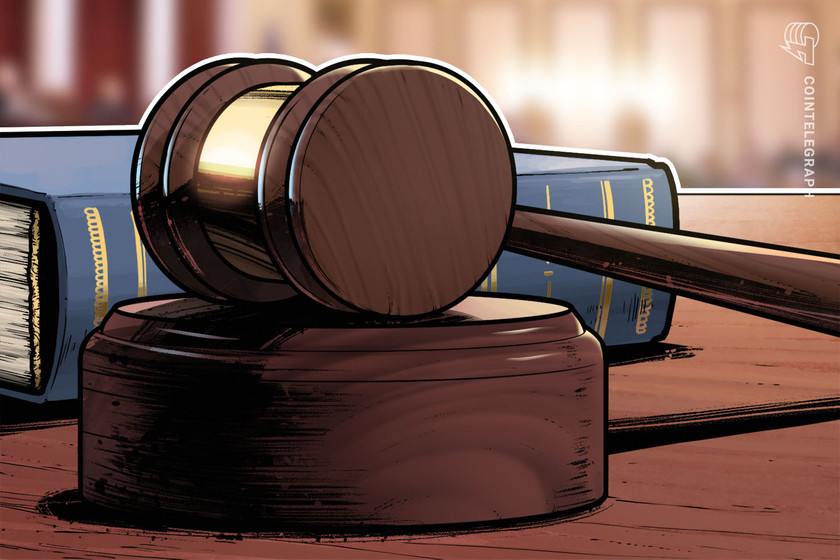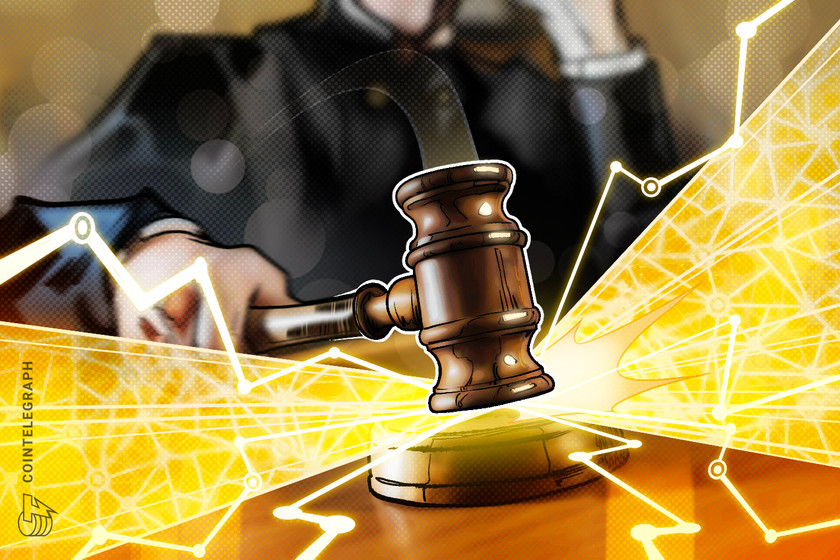US regulators doing ‘good job of alienating’ crypto sector — Cardano founder


Charles Hoskinson took a jab at the perceived inconsistency in applying decentralization standards by the U.S. SEC.
The United States’ approach to cryptocurrencies could do more harm than good, and it risks losing major players by the time they “get their act together,” Cardano founder Charles Hoskinson has said.
“When you look at some of the U.S.


He took a jab at the perceived inconsistency in applying decentralization standards by the U.S. Securities and Exchange Commission, stressing that Cardano did not conduct an initial coin offering (ICO) and saying ADA (ADA) vouchers were sold in Japanese territory with no U.S.
“I guess, apparently, that’s under U.S.
Hoskinson also pointed out that Ethereum, which he said conducted an ICO for its Ether (ETH) token without implementing mandatory Know Your Customer (KYC) and Anti-Money Laundering (AML) checks, and Bitcoin (BTC) were labeled non-securities for “some reason.” He said:
“There are a lot of facts and circumstances that are insanely ambiguous, and it seems like it’s just the monster of the week. And if they can’t have success with a layer 1, like Ripple, then they go hit the exchanges… That’s not really a well-formed policy.”
On Nov. 20, the SEC filed a complaint in a federal court, alleging that crypto exchange Kraken commingled customer funds and failed to register with the regulator.
Hoskinson contends that the registration process with the SEC is vague, as “it’s not possible to actually operate these systems in a reasonable way.” He argued:

















